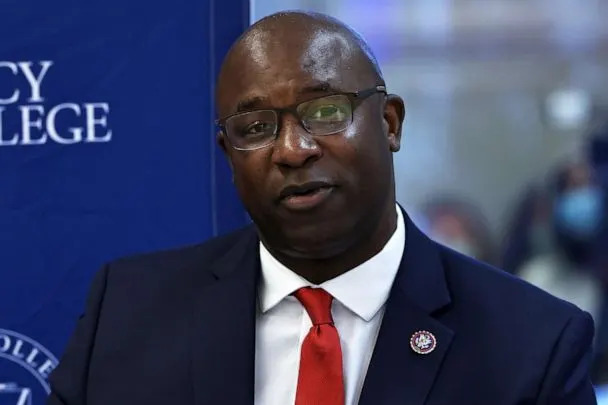

Vinícius Andrade and Mariana Durao
Wed, December 14, 2022
(Bloomberg) -- Oil producer Petroleo Brasileiro SA plunged on Wednesday after Brazilian lawmakers approved changes to a law that offers some protection against political interference at state-controlled companies.
The lower house passed Tuesday night, by 314-66 votes, a bill that greatly facilitates the appointment of politicians to key jobs in state firms. The proposal establishes that participants of political campaigns need to undergo a quarantine of only one month before being named to an executive position or to the board of directors of such companies — down from the current three-year period.
The change, introduced in the last minute to another bill being debated by lawmakers, needs the backing of senators before it can be signed into law. Senate President Rodrigo Pacheco said party leaders are debating whether to put it to a vote still on Wednesday. The mood in congress suggests a swift approval of the proposal, despite its controversy.
“It’s an unspeakable setback,” Petrobras’s board member Francisco Petros told Bloomberg News about the proposed amendments. The move would represent “an endless source of conflicts of interest between political parties and state-owned businesses.”
Caught by Surprise
Petrobras was the worst-performing name on Brazil’s 92-member benchmark Ibovespa equity index on Wednesday, with preferred shares sinking more than 9% at 2:40 p.m. in Sao Paulo. Other state-owned companies also fell: Banco do Brasil was down 5%.
“The speed at which the change took place did catch us by surprise,” Banco BTG Pactual SA analysts Pedro Soares and Thiago Duarte wrote in a note. “This is indisputably negative for Petrobras (and other Brazilian state-owned enterprises) and eliminates one of the main mechanisms of defense from political influence at the company.”
Petrobras has been under heavy pressure since Lula was elected, with investors spooked by prospects of a new management and an expected shift toward investments in lower-return assets such as refineries. On Tuesday, Bradesco BBI ditched its buy-equivalent rating for the stock, saying the news flow surrounding the company is “deteriorating day by day”.
While outgoing President Jair Bolsonaro said in August that his economic team had the green light to plan a potential sale of Petrobras, Lula said on Tuesday that privatizations will come to an end in his government.
Petrobras, while considered one of the most technically adept national oil companies, also has a history of government interference and corruption. A massive pay-to-play scandal known as Carwash that broke in 2014 centered on Petrobras.
Fernando Haddad, who was appointed Lula’s economic czar last week, said on Wednesday that Brazilian state-run companies need strong compliance rules.
--With assistance from Simone Iglesias, Peter Millard and Martha Beck.





.png)





